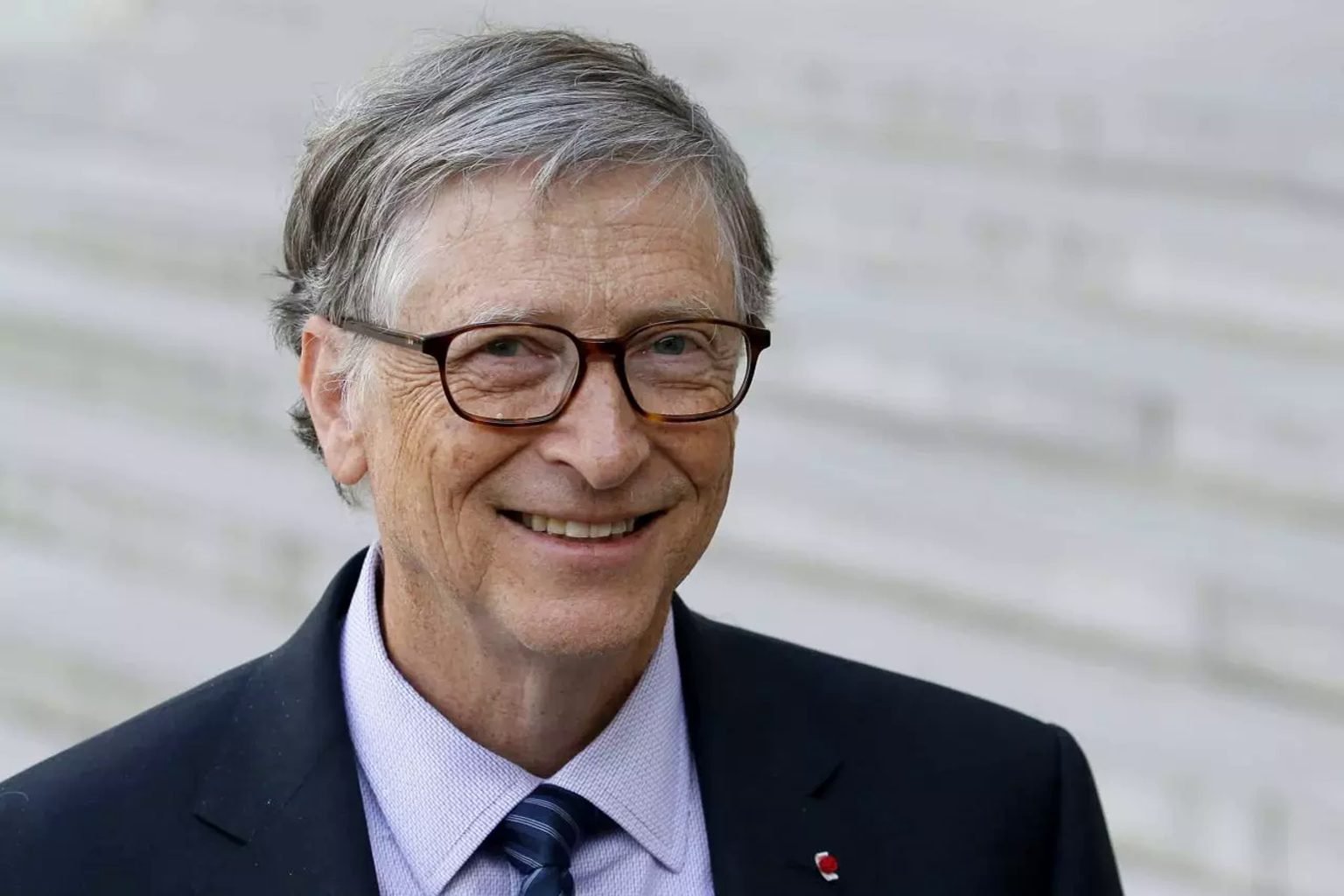Bill Gates envisions a future where the average work week could shrink dramatically, potentially down to just two days by 2035, all thanks to the power of artificial intelligence. Imagine the freedom of spending more time with your loved ones, pursuing hobbies, or simply relaxing, while AI handles the routine tasks. It’s a bold vision from one of the tech world’s greatest pioneers that sparks both excitement and skepticism.
During an appearance on The Tonight Show with Jimmy Fallon, Microsoft founder Bill Gates shared his perspective on how AI is poised to transform our work and daily lives. His reflections draw from decades of witnessing the evolution of computers—from costly machines to affordable household staples—and he believes AI will follow a similar trajectory, becoming widely accessible and fundamentally changing how we live and labor.
How AI could radically reduce work hours
Gates paints a picture of a world where intelligence is no longer a rare commodity. Just as we treasure skilled doctors and teachers who guide and heal, he foresees AI making expertise accessible to all at no cost. Great medical advice, personalized tutoring, and expert insights could become just a few clicks away. This availability could help tackle persistent shortages of doctors and mental health professionals, two fields currently struggling to meet demand.
Yet, Gates admits there’s a great deal of uncertainty about how this future will unfold. He predicts AI will bring immense innovation that drives progress but warns it’s “completely new territory” that comes with fears and challenges. When asked on the show if humans would still be needed, his response was candid: “Not for most things.”
This vision of drastically reduced work hours is tantalizing to many. Experiments with four-day work weeks have consistently shown surprising results—workers feel happier and less stressed, while companies maintain or even boost productivity. One trial in the United Kingdom found that 86 percent of participating companies decided to keep the shorter week because of the positive outcomes.
Challenges and concerns with AI in critical jobs
Despite the optimism, some serious criticisms arise when considering AI’s current role in essential professions. One argument is that shortages of teachers, doctors, and mental health specialists are structural problems caused by underinvestment, not just a lack of available expertise. Simply substituting human professionals with AI won’t fix these deeper issues.
Furthermore, AI technology today still has a long way to go before it can reliably replace the nuanced work of doctors or educators. For instance, some medical AI tools have made strides in diagnosing diseases but also demonstrate biases—often missing or misdiagnosing conditions in women and people of color. These limitations risk worsening existing health inequalities if such systems are rolled out without careful oversight.
On a similar note, AI chatbots like Google’s Gemini have gained attention but often produce inaccurate information, which raises concerns about blindly trusting AI in critical decision-making. Ultimately, AI needs to be carefully integrated with human expertise to ensure safety and fairness.
The real impact on everyday life and the environment
So far, many people don’t feel that AI has genuinely eased their day-to-day work. Instead, AI tools are largely focused on creative tasks such as writing or producing art—work traditionally done for pleasure or side projects rather than core job responsibilities. This trend leaves some wondering if AI is really reducing labor or just shifting the type of work we do.
Additionally, the environmental cost of running powerful AI systems is a growing concern. Recent reports reveal that data centers required to power AI consume massive amounts of energy and water, straining resources and contributing to carbon footprints. Even major companies like Microsoft have fallen short of their climate goals as they race to develop advanced AI capabilities.
Reflecting on this, I recall a conversation with a friend who works in healthcare. She was hopeful about AI’s potential but cautious—telling me that while AI tools might speed up routine tasks, true healing depends on human compassion and judgment. Her words reminded me that despite technological leaps, the human touch is irreplaceable.
The future of work with AI is a thrilling yet complex story still being written. How do you feel about the idea of working just two days a week supported by AI? Could AI improve your life, or do you worry about the risks and drawbacks? Share your thoughts and experiences in the comments below, and let’s explore what this brave new world could mean for all of us.
